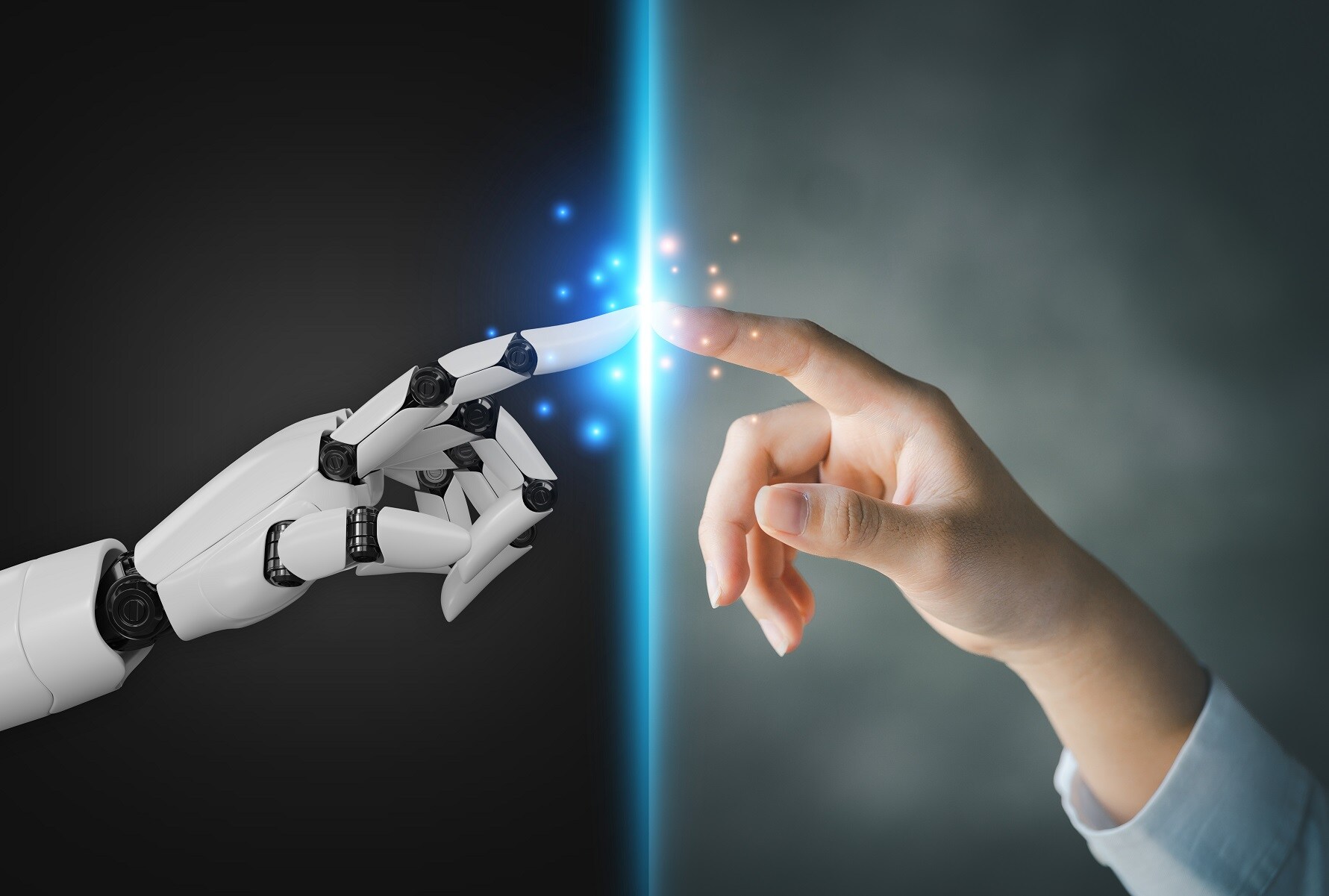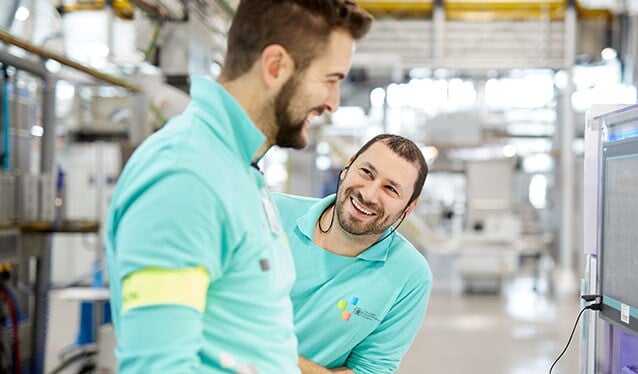With Chat GPT, Google Bard, and Bing Chat bringing artificial intelligence (AI) to the forefront of our inboxes, many of us are wondering what this means for humans in the workplace.
However, for the two to happily co-exist, it’s critical for us to cultivate and emphasize our uniquely human skills—our emotional intelligence (EI)—while utilizing AI to further enhance them.
“I see these technologies acting as co-pilot, helping people to do more with less,” said Microsoft CEO Satya Nadella at Davos 2023. AI is just the beginning of the S-curve.
As someone working in social media and digital communications, embracing, learning, and adapting to technological advances is critical. AI is an exciting but scary next step. However, it’s been in development for a long time.
From personalized advertisements, recommended Netflix content, and identifying the fastest way to the office on your GPS, to fraud detection and voice recognition, many of us rely on AI already.
The most important message, in all this advancement and chaos, is to focus on embracing your individual humanity and the unique skills that you possess.

Jerrod Lew,
Manager Crisis and Issues,
Philip Morris International
The power of emotional intelligence
Emotional intelligence, empathy, and care have never been more important in our lives, especially in the workplace. Especially since the introduction of hybrid working, it’s become a key skill that has cut through the technological blur of the COVID-19 pandemic.
While AI and machines may excel at processing data and analytical tasks faster than we ever could, the most critical aspect missing is the emotion and context.
While AI can run the machine for us, it takes unique human qualities to effectively apply it to the context of where it is needed.
By continuing to develop our self-awareness, communication, and empathy skills, we can continue to build strong relationships with our friends, family, colleagues, and stakeholders. We will always be best placed to navigate nuanced and political workplace environments and processes, in a way that AI cannot.
The best way to think about this is: while AI can run the machine for us, it takes unique human qualities to effectively apply it to the context of where it is needed.
“The future of work is not just about technology and tools,” Nadella said at Davos this year. “It’s about new management practices and sensibilities to the workplace.
Read more from Voices of Change
AI=job destruction or creation?
In 2020, the Forbes’ Future of Jobs Report suggested that by 2025, 85 million jobs could be displaced by a shift in the division of labor between humans and machines. However, it also suggested that 97 million new jobs could be created that are more adapted to the new division of labor between humans, machines, and algorithms.
So even if AI is “scary,” it’s important not to bury our heads in the sand about the specific jobs that are being threatened by its existence, but instead see it as an opportunity to develop new skills to fulfil these emerging roles.
The first jobs that school leavers and graduates once applied for were often data entry and processing. These will increasingly be covered by AI—creating a very different but, perhaps, more creative starting line for the next generation of workers.
Prioritizing communication and collaboration
Teamwork, collaboration, mentorship, cross-functional working processes, and omnichannel projects can all help individuals leverage their inherently human skills to create meaningful impact.
By leveraging AI, we can give ourselves more time and space to listen to others and receive feedback from both a top-down and bottom-up approach.
Integrating anything new into your life takes work, upskilling, and an eagerness to learn, but AI has landed on our collective doorsteps as a looming behemoth of potentialities.
AI may make it easier for us all to learn about abilities unfamiliar to us, enabling all of us to take a proactive approach in ensuring our colleagues, friends and families have a voice.
Don’t be afraid, be very curious
Let’s be honest, we’re all finding AI bewildering. Integrating anything new into your life takes work, upskilling, and an eagerness to learn, but AI has landed on our collective doorsteps as a looming behemoth of potentialities.
And with Meta now open-sourcing its AI platform, LLaMA 2, as part of a partnership with Microsoft—a move that will allow researchers and commercial entities to examine the nuts and bolts behind the platform—the future seems as packed with possibility as at any point in our history.
But, as individuals, we must take a step back and see the bigger picture. It is our uniquely human attributes that make us so valuable to our companies. Whether that’s curiosity, creativity, communication, analysis, innovation, or inspiration, these can all be complemented by AI to help us—and our companies—become better and more valuable to the world.







